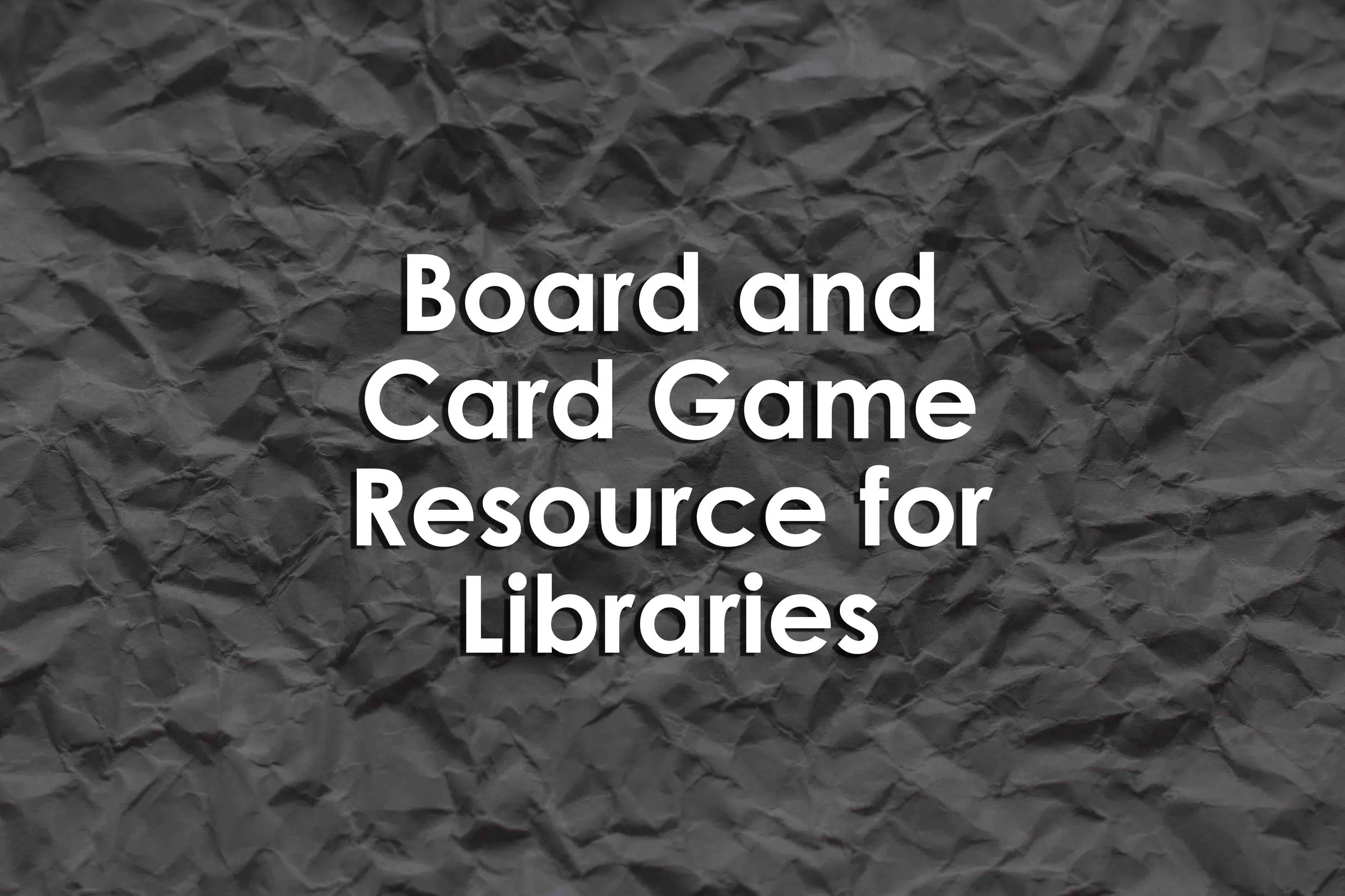Researchers from the University of Cambridge, Uppsala University, and video game studios created the game "Bad News" to enhance students' ability to identify disinformation and fake news.
Read MoreMatthew Berland and Antero Garcia's new book, "The Left Hand of Data," explores leveraging education data to revolutionize classroom dynamics with creativity and social justice. Published by The MIT Press, Berland emphasizes reshaping educational approaches to prioritize individual student needs, emphasizing playful, engaging learning experiences.
Read MoreTeachers across various subjects and grade levels have integrated New York Times games like Wordle, Spelling Bee, Flashback, and Connections into their classrooms. These games provide low-stakes opportunities for problem-solving, collaboration, and critical thinking.
Read MoreThe article discusses growing concerns over children aged 6-12 becoming overly dependent on gadgets post-pandemic. Retno Listyarti highlights how children are constantly engaged with smartphones, affecting their physical activity and fostering individualistic behavior.
Read MoreIn April, Minecraft introduced "Heat Wave Survival," a minigame challenging players to defeat a fire-breathing Heat Dragon symbolizing extreme heat's threat amid rising global temperatures. This exemplifies a trend where game developers incorporate climate change themes into entertainment. Initiatives like the nonprofit-led development of games promoting renewable energy and heat-resilient infrastructure aim to educate youth on climate issues.
Read MoreThis thesis examines the effects of using a commercial video game in education. The thesis investigates earlier studies on video games and second language learning (L2), along with an analysis of the educational properties of video games.
Read MoreGame development has become increasingly accessible with tools like RPG Maker and Game Builder Garage, which simplify creation without requiring prior coding or design experience. Despite this progress, challenges remain in making mainstream engines like Unreal and Unity fully accessible.
Read MoreThe article discusses the growing challenge of discerning truth from fiction in an era dominated by digital manipulation and misinformation. It highlights a study on the effectiveness of the video game 'Bad News' in teaching media literacy. Designed to simulate the role of a fake news producer, the game educates players on recognizing and resisting deceptive tactics.
Read MoreIn his article, Terry Pearce discusses how models and frameworks can serve as inspiration for learning games, emphasizing their potential to simulate complex concepts and processes. Pearce illustrates this with a game he developed around the 'Nine Box Grid' for Talent Management, where players utilize character cards representing team members to navigate challenges and opportunities based on the grid's categorizations.
Read MoreThe study conducted by researchers from Uppsala University and others demonstrated that a computer game called Bad News significantly improved upper secondary school students' ability to discern between reliable and misleading news. Involving 516 Swedish students across different programs at four schools.
Read MoreIn the discussion on workplace motivation, traditional reward programs are scrutinized for their unintended consequences despite their initial appeal. While promising short-term productivity boosts, extensive research, including insights from Deloitte, suggests that these programs often erode company culture and fail to sustain long-term engagement.
Read MoreIn recent years, video games have become pervasive in American childhoods, with over 90% of children engaging in gaming regularly. Despite concerns about their impact on education, research from Brunel University London indicates that incorporating video game elements into learning environments can significantly enhance student engagement and learning outcomes.
Read MoreIn the original Settlers of Catan, players colonize an island, gathering resources to expand and build settlements and roads. In the new version, Catan: New Energies, players face a modern challenge: managing pollution while developing their territory.
Read MoreBoris Nakashyan, a second-year student at the University of Virginia and aspiring entrepreneur and doctor, combines his passions for entrepreneurship and medicine through his unique academic escape rooms. Modeled after traditional escape rooms but designed for educational purposes, Nakashyan's creations engage students in solving puzzles related to course content.
Read More"Beat the Heat," the latest interactive game from ASU's Ask A Biologist program, aims to educate K–12 students on essential heat safety practices just in time for summer. Developed by experts in heat safety, the bilingual game immerses players in scenarios where they must make decisions crucial for staying safe in hot climates.
Read MoreMillions of gamers worldwide are transforming entertainment into scientific advancement through 'Borderlands Science,' a mini-game embedded within 'Borderlands 3.' Players align genetic sequences in the game, generating massive amounts of data that outpace traditional methods by orders of magnitude.
Read MoreThis summary captures the essence of Bryan Alexander's exploration into a gaming seminar exercise, highlighting its objectives, implementation, and reflections for future improvements. In a recent gaming seminar, I introduced a new exercise that aimed to synthesize the semester's learning and foster creative design.
Read MoreIn response to the "Great Resignation" post-Covid-19, organizations turned to workplace gamification to inject purpose, engagement, and excitement into work environments. This trend has surged in recent years, particularly in tech sectors in the US, as a means to motivate employees through game-like elements such as points, badges, and challenges.
Read MoreAlaska Escape Rooms in downtown Anchorage offers immersive experiences like Raven’s Eye and Conjured Kingdoms, where participants engage in puzzles and decisions, from imprisoning villains to rescuing damsels. Founded in 2017, it has become a popular venue for diverse events, including date nights and team-building exercises for businesses.
Read MoreScott Nicholson from Wilfrid Laurier University is collaborating with the mEducation Alliance to create a resource for libraries in low-resource settings, focusing on board and card games. The initiative aims to compile games that are easy to explain, engaging, and robust enough for long-term use. Key criteria for selection include robustness, explainability, table presence, engagement, and overhead. Community members are invited to suggest suitable games via a Google Document. This project seeks to empower youth to teach games in libraries, fostering community connections and learning. For more information, contact Scott Nicholson at scott@scottnicholson.com
Read More




















